Jim Zeigler claims dark money group supporting Robert Bentley

The Alabama Council for Excellent Government (ACEGOV) has reported raising little more than $90,000 in 2015. The group reported expenses of a little more than $63,000, mostly for polling, web development and compensation including that of Rebekah Mason, Bentley’s former senior aide with whom he admitted to speaking inappropriately. The donors however are unknown. “The use of secret donors to pay a top adviser to the Governor has a corrupting influence, said Alabama State Auditor Jim Zeigler, a vocal critic of Bentley. “Who are the Governor and his then-top adviser accountable to? We may never know.” Zeigler continued, “It appears that this arrangement is legal under IRS rules, but it may not be legal under Alabama ethics laws. A state official cannot receive over $25.00, and Mrs. Mason appears to have received way more than that from the secret group. “A January ethics opinion appears to outlaw this type of activity. The opinion needs to be strictly applied.” Mason resigned in March 2016 after criticism of her relationship with Bentley.
Ala. Attorney General Luther Strange challenges new overtime rule
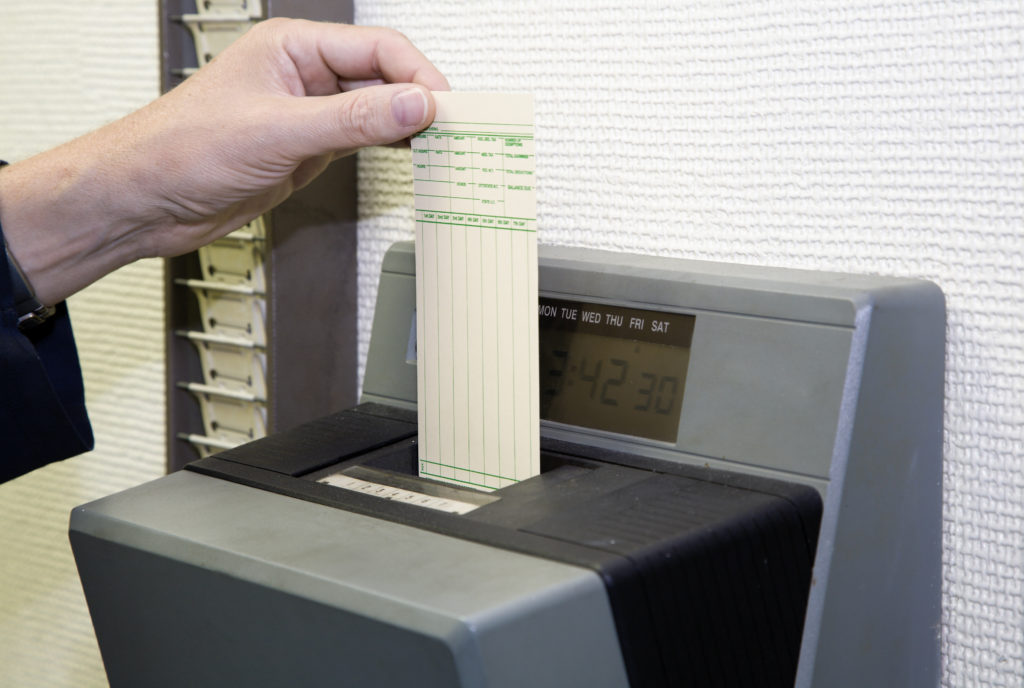
Alabama Attorney General Luther Strange has joined a coalition of 21 states in filing a federal court complaint challenging the U.S. Department of Labor’s new overtime rule. If implemented, the new rule will more than double the minimum salary overtime threshold — from $455/wk to $913/wk — for public and private workers without Congressional authorization. The complaint urges the court to prevent the implementation of the new rule before it takes effect, which is scheduled for December 1, 2016. The rule will force many state and local governments to substantially increase their employment costs. Some governments may be forced to eliminate some services and even lay off employees. “Once again, the Obama Administration has illegally expanded its own authority without thinking about the costs or consequences to the American people,” said AG Strange. “State budgets are already tight, and this one-size-fits-all rule could result in layoffs, understaffed government offices, and long lines for basic services. Ultimately, it will be the people who suffer the most from this latest example of federal overreach.“ On March 13, 2014, President Barack Obama ordered the Department of Labor to revise the Fair Labor Standards Act’s overtime exemption for executive, administrative and professional employees — the so-called “white collar” exemption — to account for the federal minimum wage. On May 23, 2016, the Department of Labor issued the final new overtime rule. It doubles the salary-level threshold for employees to be exempt from overtime, regardless of whether they perform executive, administrative, or professional duties. After December 1, 2016, all employees are entitled to overtime if they earn less than $913 a week—including state and local government employees. The new rule also contains a ratcheting mechanism to automatically increase the salary-level every three years without going through the standard rule-making process required by federal law. In addition to Alabama, other states who have joined the filing include: Arizona, Arkansas, Georgia, Indiana, Iowa, Kansas, Kentucky, Louisiana, Maine, Michigan, Mississippi, Nebraska, Nevada, New Mexico, Ohio, Oklahoma, South Carolina, Texas, Utah and Wisconsin.
Gold cards and red hats: A Trumpian approach to fundraising
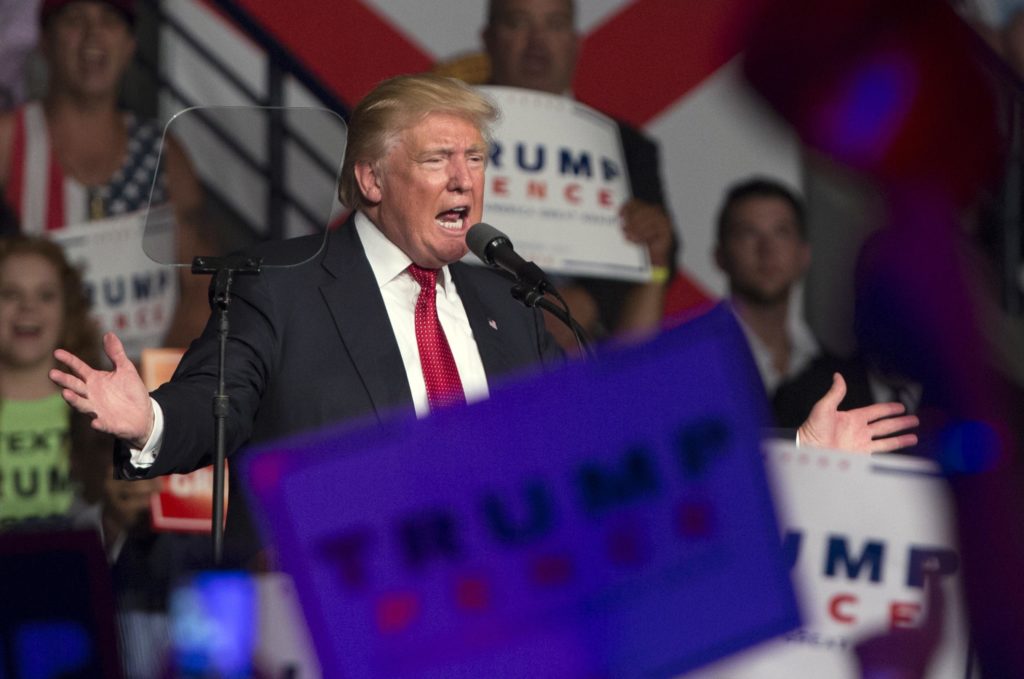
Donald Trump is underwriting his presidential bid by selling the Donald Trump lifestyle — and campaign finance records show it is working. For the low price of $25, you can snag a Trump Gold Card emblazoned with your name or join a campaign “Board of Directors” that comes with a personalized certificate. For $30, grab one of Trump’s signature red hats — billed as “the most popular product in America.” Supporters can elevate themselves to “big league” by ponying up $184 for a signed, “now out of print” copy of Trump’s book, “The Art of the Deal.” There’s a catch to some of these merchandising claims. There is no evidence the board of directors exists. “The Art of the Deal” is still in print, available for $9.34 in paperback. And the new campaign edition of the book is signed by an autopen, not Trump, as noted in the solicitation’s fine print. Regardless, the appeals have paid off. Through the end of July, people giving $200 or less made up about half of his campaign funds, according to fundraising reports through July. For Democratic nominee Hillary Clinton, those small gifts accounted for about 19 percent. The two candidates each claim over 2 million donors, but Trump has been fundraising in earnest for only about three months, compared to Clinton’s 17-month operation. Both are expected to report the details of their August fundraising to federal regulators on Tuesday. “His brand appeals to quite a number of people,” said John Thompson, digital fundraising director for Ted Cruz‘s Republican presidential campaign. “It’s smart for him to use it for fundraising. The celebrity factor builds a natural donor community on its own, without him having to do too much.” Hyperbolic campaign marketing is a natural fit for Trump, who has puffed up the value of what he sold throughout his business career. At times, Trump has offered golf memberships or Trump University seminars at a “discount” from an imaginary, inflated price; and he has declared condo projects close to selling out when in reality they were struggling. “You want to say it in the most positive way possible,” Trump once told attorneys who asked him whether he had ever lied about his properties to sell them. “I’m no different from a politician running for office.” Perhaps it is no surprise, then, that his campaign has adopted that same approach, outspending Clinton on campaign merchandise while running a brisk retail operation that helps him raise the money for, among other things, crucial get-out-the-vote efforts and advertising to spread his message. Trump’s appeals for smaller contributions are reminiscent of Bernie Sanders, whose signature line in the Democratic primary this year was that his campaign was paid for by $27 donations. Sanders’ digital fundraiser, Michael Whitney, questioned whether Trump’s small donor haul would continue since it does not appear the campaign has done much to get email addresses that could be turned into fresh batches of new potential donors. “This feels more like a battering ram than a well-thought-out digital program,” Whitney said. One of Trump’s most frequent fundraising offers has been a “gold card” that identifies the holder as an Executive Member for a “one-time induction fee.” “In the past, I have asked supporters for a one-time induction fee of $100. But because of your outstanding generosity to date, I am only asking you to make a $35 contribution,” the email asks. The Associated Press found no evidence of an online solicitation in which the card was sold for the undiscounted price of $100. The gold card offer is reminiscent of a Trump Visa card that became available in 2004. In a press release for it, Trump pitched it as “the best deal” and warned declining it “could get you fired.” Trump also seeks to make would-be donors feel like part of the campaign. Several emails have sought “campaign advice,” asked for help with debate preparation and even offered people the chance to join a campaign “board of directors.” There’s no evidence such a board exists, and the campaign did not respond to questions about it. But the gold card and executive board membership gimmicks are getting results, said Tom Sather, senior director of research at the email data solutions firm Return Path. The firm measures emails much the way Nielsen measures television viewership, by extrapolating from a large panel of study participants. Emails from the Trump campaign and Trump joint committees with the Republican Party have an average open rate of 11 percent, Sather said. The 10 gold card-related emails had a far higher open rate of 18 percent, and executive board emails had an open rate of 19 percent, he said. “These kinds of offers intrigue people and make them feel exclusive and special,” he said. Ever the marketer, Trump has also dominated the campaign swag front. In April, May and June, Trump spent about $3 million on merchandise that’s then sold to donors, an AP review of campaign finance reports found. Clinton’s operation spent about $2 million in the same time period. Republished with permission of the Associated Press.
Robert Bentley is one of America’s least popular governors
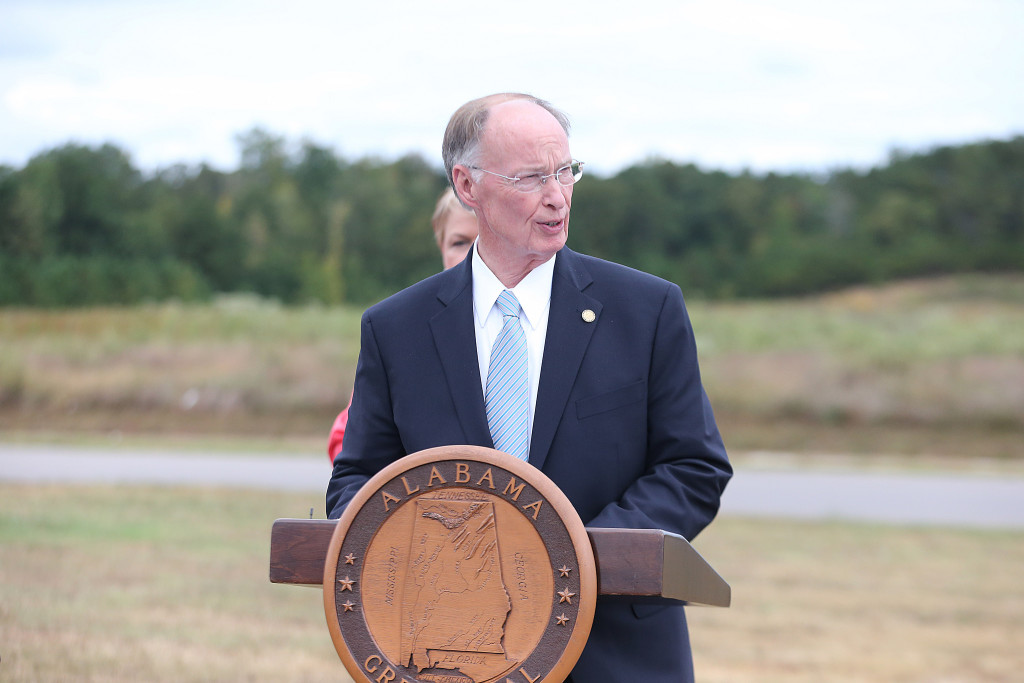
Robert Bentley can’t catch a break these days. The Alabama Governor is not only facing a continued call for his impeachment, but now he’s been ranked as one of the least popular governors in America. On Tuesday, media and research company, Morning Consult ranked America’s governors and Bentley ranked as the 8th least popular in the country. 53 percent of respondents said they disapproved of Bentley’s job performance. Only 35 percent said they approved of Bentley’s job performance, and 12 percent were undecided. Bentley’s new approvals ratings come in stark contrast from earlier in the year. He moved from a 1-point net approval rating among state residents to a whopping 18-point deficit between voters who have a favorable view of him (35 percent) and those who have an unfavorable view (53 percent). Bentley’s drop in favorability is almost certainly linked to his admission that he made inappropriate remarks to a former senior advisor Rebekah Mason. Before that scandal, from January through early May, his ratings were hovered around 46 percent approval and 45 percent disapproval. According to the Morning Consult here are the five most unpopular governors: Sam Brownback (R-Kan.) Dan Malloy (D-Conn.) Chris Christie (R-N.J.) Rick Snyder (R-Mich.) Paul LePage (R-Maine) According to the Morning Consult here are the five most popular governors: Dennis Daugaard (R-S.D.) Larry Hogan (R-Md.) Charlie Baker (R-Mass.) Steve Bullock (D-Mont.) Gary Herbert (R-Utah) The poll that tracked approval ratings of governors nationwide between May and early September, surveying more than 71,900 registered voters nationwide.
Robert Bentley praises Colonial Pipeline’s response to Shelby Co. gas leak
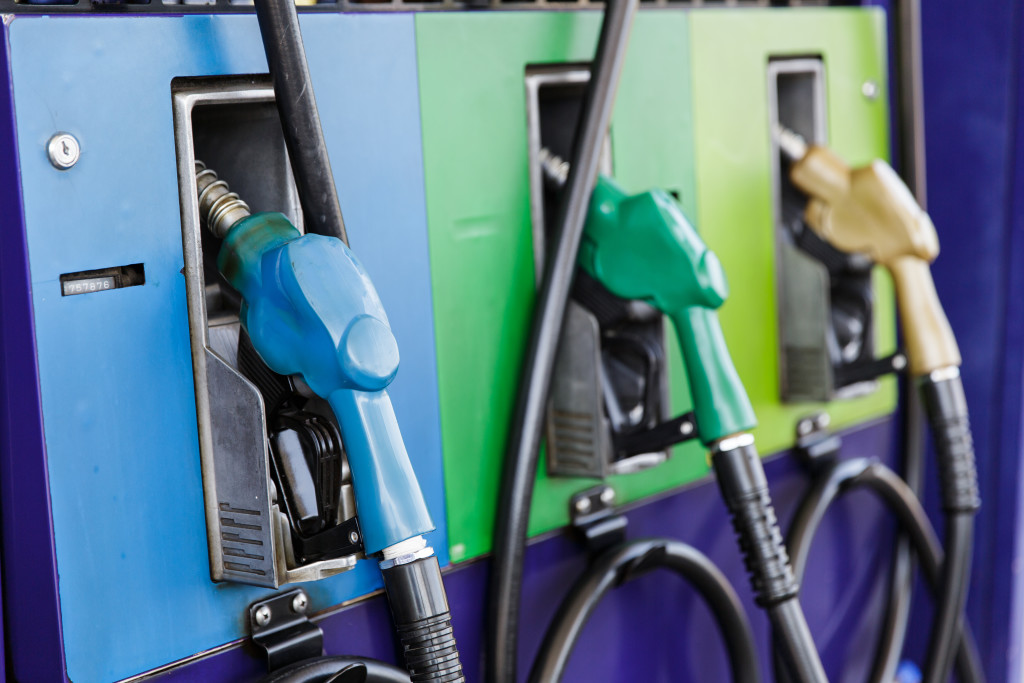
On Monday at the Colonial Pipeline Gas Spill Incident Command Center, Alabama Gov. Robert Bentley praised the response from Colonial Pipeline following a Sept. 9 pipeline leak that has since spilled 336,000 gallons of gasoline in Shelby County. Bentley said he was “very impressed” by the pipeline company’s response to the leak, telling reporters “they have done a very good job.” He also urged consumers not to panic about rising fuel prices or a potential gas shortage, explaining they can bring more gas in if necessary. “I want people to not panic and not worry about everyone filling their car up all at the same time,” Bentley explained. “If we did that, we’d have a shortage if we had a pipeline leak or not. I think that right now with a State of Emergency we can bring more fuel in if we need by trucks or by barge.” Bentley also disclosed he does not know how much the leak will ultimately cost the state. “That can be calculated when we get the original problem fixed,” Bentley said. Watch Bentley’s address to the media below:
Alabama pipeline leak causes gas prices to rise in many southern states

Across the South, gas prices are on the rise following a pipeline leak in Alabama, which has slowed the flow of fuel across southern states. On Sept. 9, Colonial Pipeline officials noticed a gas leak in Helena, Ala. that has since spilled at least 252,000 gallons (954,000 liters) of gas in the remote area of Shelby County. In the wake of the leak, neighboring states that depend on gas from the pipeline have seen prices at the pump increase. The auto club AAA reports Tuesday that Georgia, South Carolina, North Carolina, Tennessee, and Virginia have seen gas prices climb in recent days. Ironically, fuel costs have risen less in Alabama as compared to the state’s southern neighbors as fuel is still available in the Yellowhammer from the side of the pipeline not affected by the leak.
Robert Bentley nonprofit raises less than $100,000 in 2015
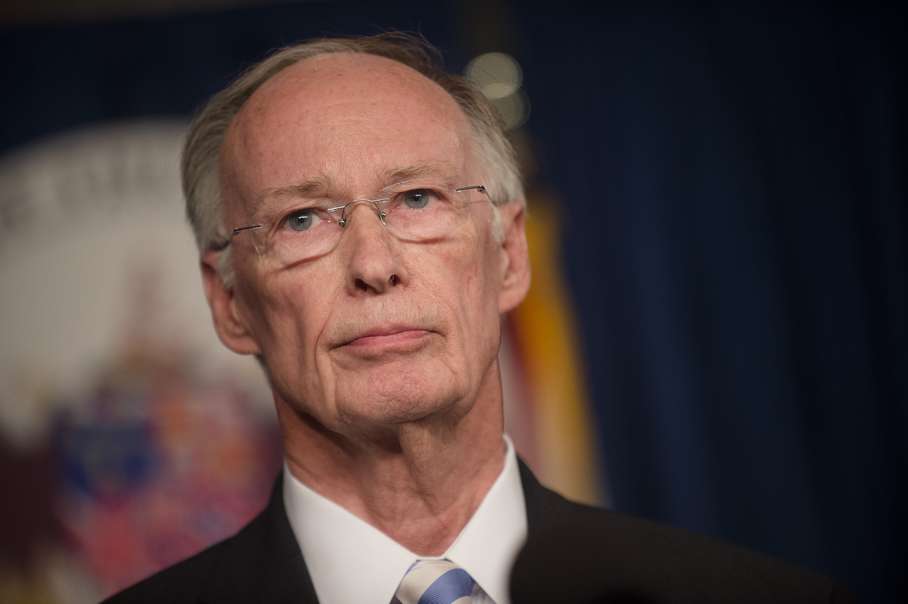
Tax forms show a nonprofit formed to support Alabama Gov. Robert Bentley‘s political agenda raised and spent less than $100,000 last year. The Alabama Council for Excellent Government raised a little more than $90,000 in 2015. The group reported expenses of a little more than $63,000, mostly for consulting, polling and web development. The organization was drawn into headlines after Bentley in March acknowledged inappropriate behavior with a former top aide, who was not on state payroll but had been paid by the nonprofit and Bentley’s campaign. The group, also known as ACEGOV, was formed last year as a 501(c)(4) nonprofit, and is not required to disclose donors. The organization appears to have gone dormant in the wake of the scandal. Republished with permission of the Associated Press.
USDA describes $328M oil spill restoration plan for Gulf
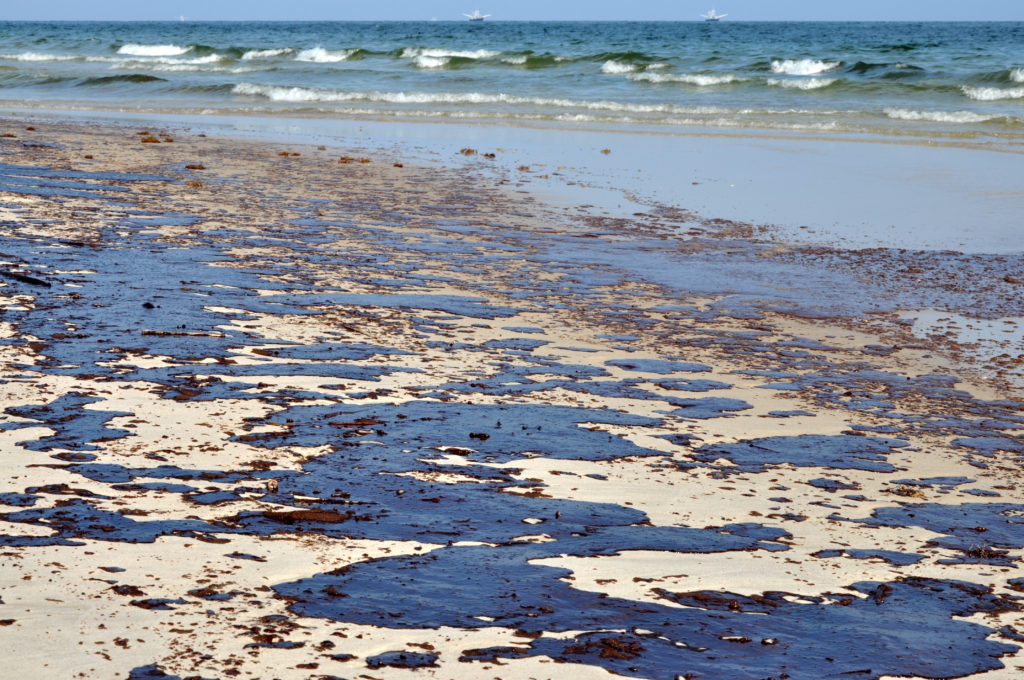
The U.S. Department of Agriculture says it’s focusing conservation programs along the Gulf of Mexico in a $328 million plan to help recovery from the 2010 oil spill. Undersecretary Robert Bonnie says the agency will use that focus through 2018 as it helps coastal producers plan improvements to improve water quality and improve coastal ecosystems under several Farm Bill programs. Louisiana State University AgCenter Associate Vice President Rogers Leonard says the oil spill tie-in is a new twist to existing programs, and will bring in a broader audience. Gulf Coast farmers will be interested in the amount of money available, he said. Bonnie described the plan Monday at a Mississippi timber plot where the owner has worked with USDA’s Natural Resources Conservation Service to help improve downstream water quality. Republished with permission of the Associated Press.


